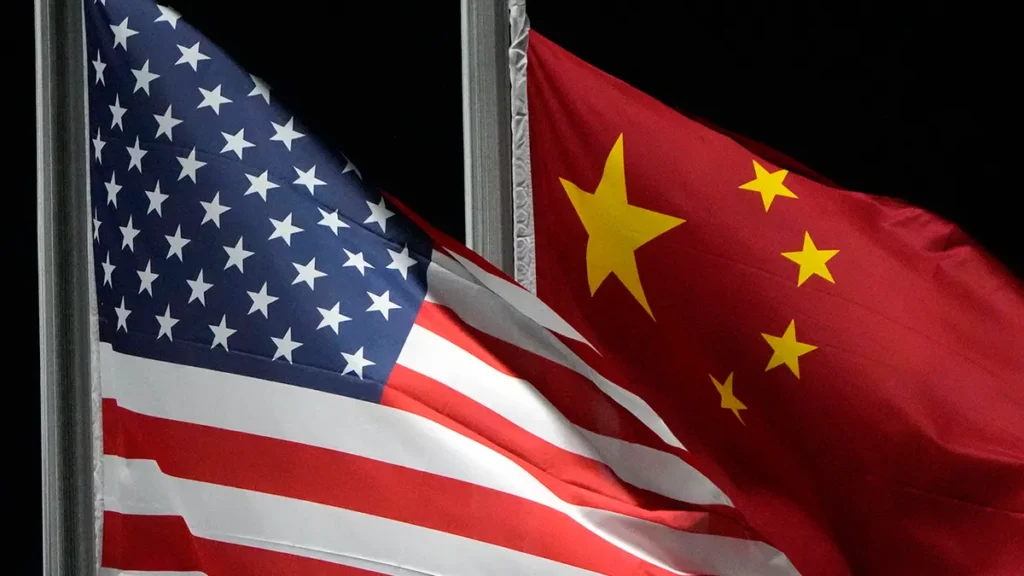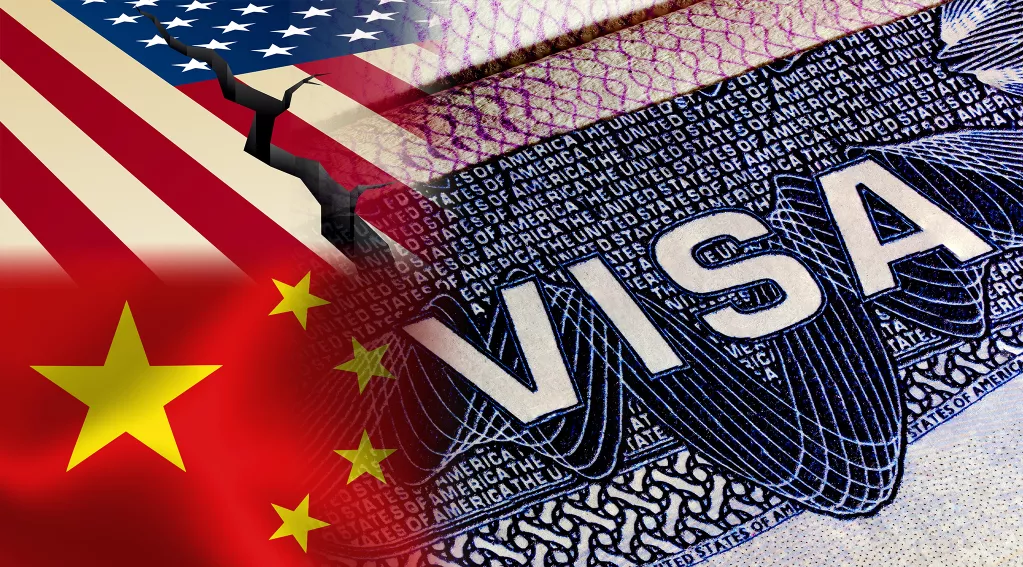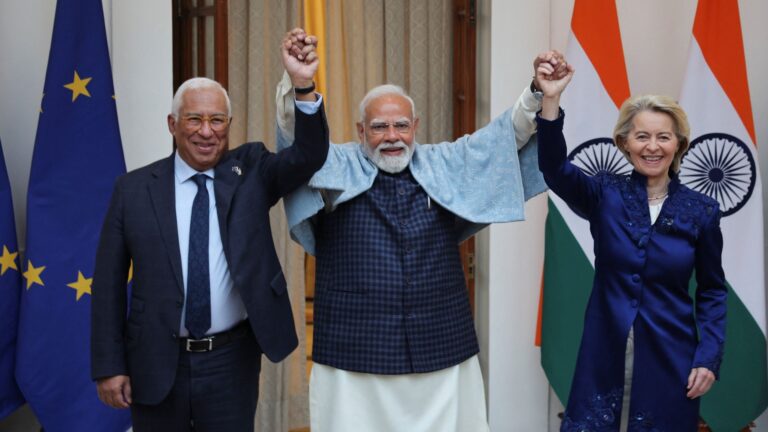
Central America just became a new front line in the escalating cold war between the U.S. and China. Washington’s latest salvo? Visa Restrictions targeting those allegedly working for Beijing’s Communist Party.
Details of the Visa Restrictions
U.S. Secretary of State Marco Rubio said in a press statement: “Today, the Department of State is announcing a new visa restriction policy that will allow our nation to restrict U.S. visas for Central American nationals who, while in Central American countries and intentionally acting on behalf of the Chinese Communist Party (CCP), knowingly direct, authorize, fund, provide significant support to, or carry out activities that undermine the rule of law in Central America.”
On September 5, 2025, the U.S. State Department announced a new visa restriction policy. This targets certain Central American nationals who are accused of acting on behalf of the Chinese Communist Party (CCP). The move, announced by Secretary of State Marco Rubio, is part of broader U.S. efforts to counter China’s growing influence in Central America and the Western Hemisphere.
The restrictions target Central American nationals acting on behalf of the CCP. They specifically address efforts to undermine the rule of law.
The policy renders these individuals and their immediate family members generally ineligible for entry into the United States.
The U.S. Rationale
The U.S. State Department announced the new restrictions, stating that the action is part of the United States’ commitment to countering

China’s influence in Central America. U.S. officials have long voiced concern over Beijing’s expanding role in Latin America. This includes economic, diplomatic, and military activities.
China’s Response
China routinely issues strong condemnations and implements reciprocal countermeasures in response to U.S. visa restrictions. Which it views as blatant interference in its internal affairs. Beijing has targeted U.S. officials and accused the U.S. of violating international law and basic norms governing international relations. These actions represent a consistent pattern of tit-for-tat retaliation over multiple U.S. restrictions.
Foreign Ministry spokespersons like Mao Ning and Lin Jian have repeatedly expressed strong dissatisfaction with U.S. visa restrictions and have demanded that the U.S. “correct its mistakes”. Chinese officials deny the basis for U.S. restrictions, especially those citing human rights abuses or limited access to regions like Tibet. Chinese officials argue that the U.S. is abusing visa restrictions as a tool to impose its will on another sovereign nation, in violation of international law.
The U.S. visa restrictions targeting Central American nationals with alleged CCP ties have injected a new element of tension into the already fraught relationship between Washington and Beijing. The move underscores the growing competition for influence in Latin America and raises questions about the future of democracy and stability in the region. As the U.S. and China continue to vie for dominance, Central American countries face the difficult challenge of navigating a complex and increasingly polarized geopolitical landscape.
For more such informative articles stay tuned at The World Times.



